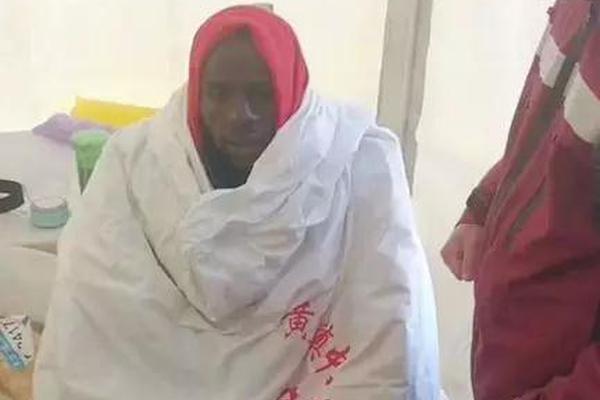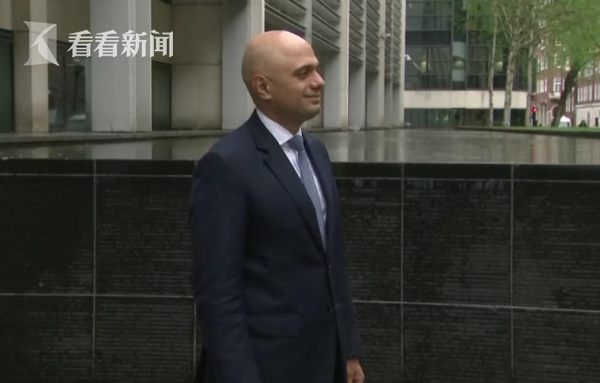In Sickness and in Wealth
In Ross Douthat’s Deep Trouble, disease is tempered by privilege The Country Estate. | Peter Radunzel
The Country Estate. | Peter Radunzel o
l
u
m
n
s
There is a moment?in the intense life cycle of every reality show when reality starts to run out. You can see it happen—the hang-ups and bang-ups that made characters interesting, if not exactly likable, have all been revealed and discussed and pored over. Because real life is endlessly repetitive, and hence uninteresting, contrived fights ensue, and the “real” people who have offered up their lives and their privacy to be shredded up by a Covid-bored viewership need new material. It is at this point when the invisible hand of producers becomes less invisible: trips to exotic places suddenly become affordable to reality stars whose lives have skirted the poverty line; fights seem to happen not because there are issues to resolve but because they promise more airtime, more viewer attention. All this is visible to viewers—it is not to the participants. At every episode after this point, the desperation builds, the real people of reality TV trudge through ever-more unlikely producer-devised plotlines to convince us that they are still real people, living real lives. And indeed, it is all true and all real.
New York Timescolumnists seem to follow a similar trajectory. Whether it is David Brooks being everyman at sandwich shops, or Nicholas Kristof opining about growing up on a farm in Oregon, or even Thomas Friedman’s real “chats” with taxi-cab drivers, the premise remains that the Timescolumnist is just an ordinary guy (and they have been, over the years, predominantly white males). The experiences and introspections of these “ordinary” guys are supposed to possess insight and meaning for the rest of us. There is an unstated rule here: everything that happens to a Timescolumnist is laden with import and therefore is material fit for publication. Like desperate reality stars willing to throw food at their in-laws and believing that viewers think that this is still their “real” life, Timescolumnists believe that their exchanges and experiences are just as ordinary as our own.
Timescolumnist Ross Douthat has just published The Deep Places: A Memoir of Illness and Discoveryabout his battle with Lyme disease. (I will add a spoiler here and tell you that he eventually gets a relative handle on his mysterious condition with use of a “Rife machine” and lots of Vitamin C.) Like his cohorts, Douthat believes that his experience of misfortune makes him just like any one of us—who may contract Lyme and then be dismissed by doctors. In other words, we must forget that even Douthat’s suffering, sad as it is, has been monetized by a book deal.
The Douthats jump into the adventure with the entitlement of those who are used to having things work out for them.
Things begin well in The Deep Places. The Douthats, Abby and Ross, live with their two daughters in a Washington, D.C., row house. This house has fantastically appreciated in value. Abby is pregnant with their third child, and Douthat, as we all know, has his comfy perch at the Times. Smug in the knowledge of the potential bounty that could accrue to them if they choose to sell their D.C. abode, Douthat and his wife proceed to fall in love with a 1790s farmhouse on three acres in the Connecticut countryside (no matter that Douthat’s prior book was called The Decadent Society). Their massive-estate-to-be is also close to the home of Abby’s parents, and thus promises a future of free and reliable babysitting for existing and future children.
Not long after, and entirely on cue, a D.C. motorist’s disgruntled honking leaves Abby thinking, “I don’t want to die on this stupid street.” When she shares her epiphany with Douthat, the matter is resolved—a country life with a magnificent rambling home is their destiny. If Douthat knows that every single person inhabiting a large city has a country house fantasy, he doesn’t let it show. The Douthats jump into the adventure with the entitlement—a Timesreview called it “maybe a little self-satisfied” feeling—of those who are used to having things work out for them.
The need for narrative tension dictates that it doesn’t. At the final inspection of his grand new mansion, Douthat steps outside into the Connecticut countryside where he sees deer frolicking in the meadow adjacent to the house and feels, ominously, that the vision of bucolic splendor has been realized. It “felt like confirmation that we were on the right path, that I had planned and worked and won the things I wanted and that I deserved them.” The next day he wakes up with a sore neck and a swollen lymph node. He comes to believe he has Lyme disease.
In ensuing chapters, the disease takes over his entire life (although fortunately for him, he is still able to write his column). The pain is excruciating and unpredictable, but the lowest moment comes when the new baby is born. Douthat, in pain, fears he cannot hold his new child, and imagines he will be “a cripple in the house” instead of the kind of father the child deserves. One cannot but feel terrible for him; and that his wife Abby is able to handle the sudden subtraction of a husband’s help dealing with a newborn also deserves sympathy. Interspersed with these moving accounts of how Lyme disease affects Douthat are generally informative chapters about the Lyme debate—the existence or non-existence of the disease, the many attempts to cure it and the medical establishment’s internal battles about it. None of this is new information, and most of it is available with a Google search, but it adds the extra hundred pages the manuscript may have required.
I have already told you how it ends. There is the dizzying search for a cure and the ability of the terrible pain to push Douthat to ever weirder cures and ever shadier doctors. He acknowledges this and the fact that dealing with his illness becomes something that obsesses him (although he takes any suggestions of psychological assistance as offensive). In the end, he manages to cure himself (sort of) by use of the expensive Rife machine that his father buys for him, a not-entirely-proven technology that is supposed to use high-frequency sonic waves to destroy bacterial cells. He also uses very large intravenous doses of Vitamin C.
Even so, he is not well enough to manage the rambling country estate the Douthats have purchased, and his wife wants to get on with writing and promoting her own book. A caretaking crew led by a man named “Luis” does what is needed, with gaps filled in by his father-in-law. These available forms of assistance are not enough, not because of them, but because dreams and visions do not have an easily usable edit function. Without the man of the house up and about minding his estate, presiding over a dinner table every evening, the dream fails. In literal terms this means that the house is sold and the family of five move to another one in the city of New Haven, Connecticut.
There is an air about The Deepest Placesthat suggests that Douthat, a nonresident fellow at the conservative American Enterprise Institute, feels that he is being particularly kind by adding the story of his own suffering to the doubted accounts of more politically liberal sufferers. After all, if a young white man, conservative and rich, suffers in this way, then surely the disease must be real, and someone in this position being true and vulnerable deserves extra commendation. Some consideration must also be given to a letter the New York Timespublished after it had permitted Douthat not one or two but three columns about his condition. The author, a doctor who regularly treats Lyme disease, finds Douthat “treading on thin ice by describing and implicitly endorsing some potentially dangerous practices without scientific backing.” He writes that Douthat “admits to testing negative for Lyme disease. Does he even have Lyme disease? In my work, I encountered many patients with other illnesses, such as fibromyalgia, chronic fatigue syndrome and various inflammatory disorders who were convinced that they had Lyme disease.”
The Deep Placessays it is a memoir about Lyme disease, but perhaps it is really the story of attempting to realize a dream using one’s wealth and then failing miserably owing to life’s unexpected interventions. That is a story we all know, a journey we have all taken. Perhaps in undertaking it, Ross Douthat, New York Timescolumnist, can have empathy for the rest of us.?



















